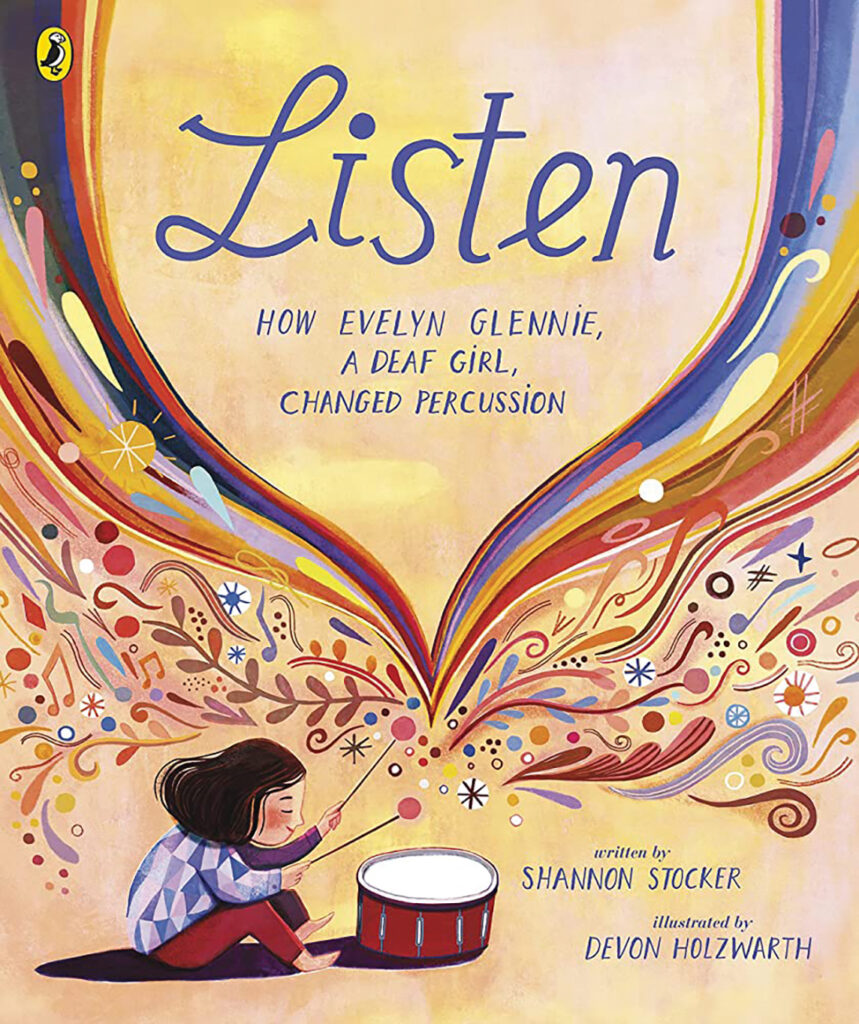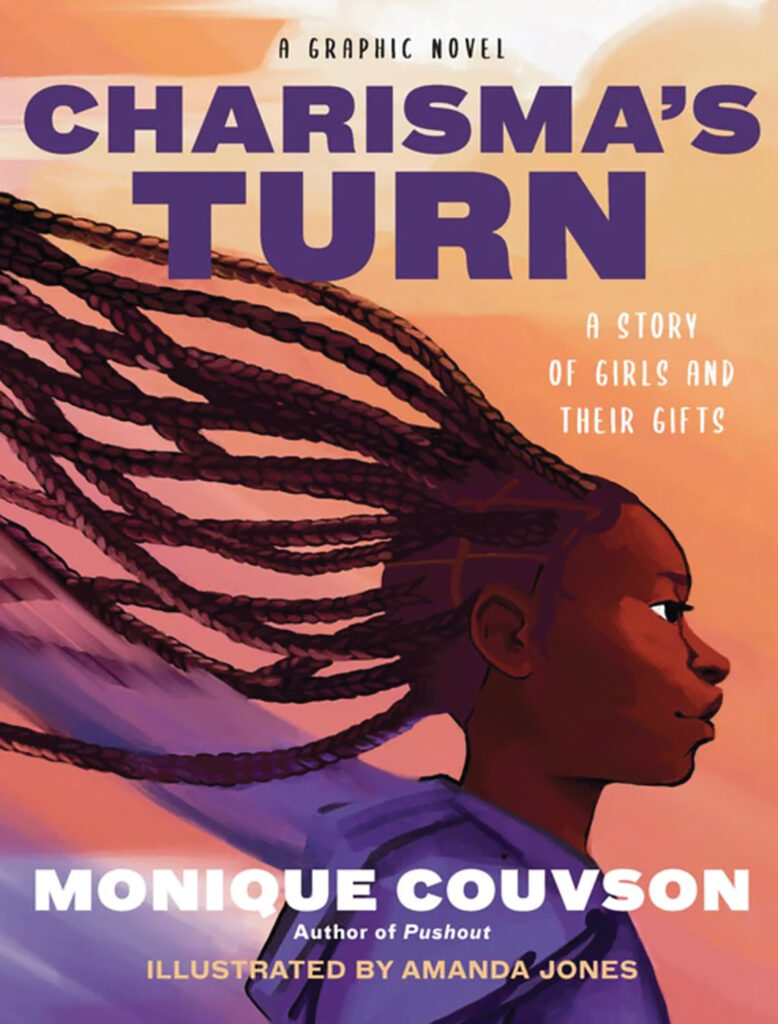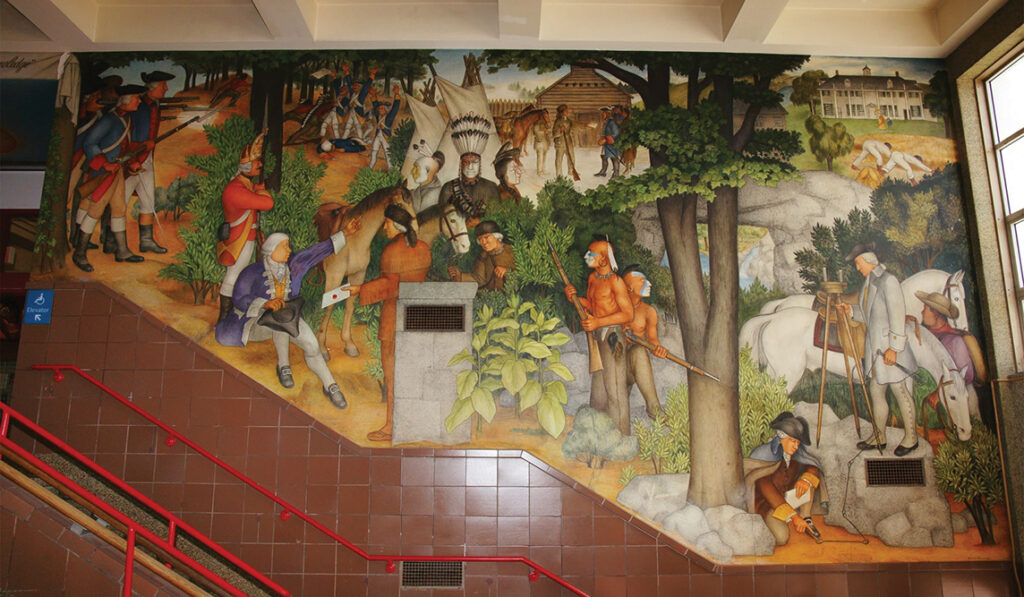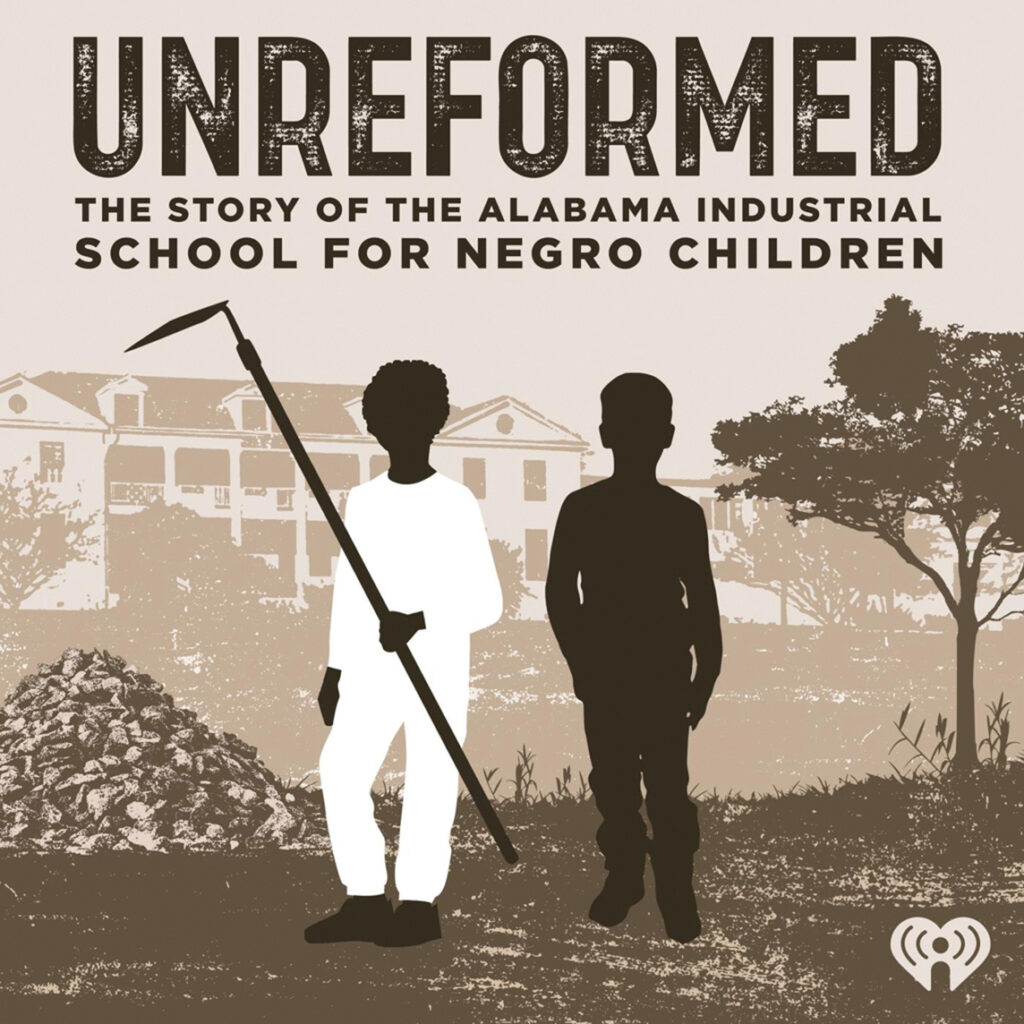Our picks for books, videos, websites, and other social justice resources 37.4





Picture Books

Listen: How Evelyn Glennie, a Deaf Girl, Changed Percussion
Written by Shannon Stocker
Illustrated by Devon Holzwarth
(Dial Books for Young Readers, 2022)
40 pp.
This picture book about Scottish percussionist Evelyn Glennie begins with her early affinity for musical instruments. When by 12 she grew deaf, her audiologist predicted she would have to give up music forever. Supported by her parents and guided by a music teacher, Glennie learned to “feel” music and eventually became a world-renowned musician. Shannon Stocker’s biography of the deaf percussionist is a story of talent, perseverance, and an exploration of alternate ways people experience and produce music. Stocker’s lyrical story is peppered with instrumental onomatopoeia, making it an excellent choice for a read-aloud. Devon Holzwarth’s illustrations vibrate as they dance through the pages, capturing the essence of music in swirling, colorful brushstrokes. An additional bonus for any music teacher is the variety of illustrated musical instruments. Young readers learn that listening doesn’t always involve the ears.
Film

Town Destroyer
Directed by Alan Snitow and Deborah Kaufman
(Distributed by Bullfrog Films, 2022)
53 minutes
The “town destroyer” in the film’s title is George Washington. During a 1779 Revolutionary War attack on the Haudenosaunee (Iroquois) people allied with the British, Washington ordered “the total devastation of their settlements and crops.” Town Destroyer focuses on the controversy at San Francisco’s George Washington High School over the fate of 13 “Life of Washington” murals — painted in 1936 by Victor Arnautoff, who had studied with the revered left-wing Mexican muralist Diego Rivera. These murals are not the equivalent of Confederate monuments; they were never intended as celebrations of white supremacy. As radical scholar Robin D. G. Kelley emphasizes in the film, “Arnautoff wanted to make it clear that George Washington was not without contradiction, and that the country itself was born through its great rhetoric of liberty and freedom in the contradiction of slavery and the genocide of Native Americans.” But students and parents included in the film argue that intent is not what is at issue; what matters is today’s impact of the murals on students. As one mother of an Indigenous student at the school testifies at a school board meeting: “My son always tells me when we go into the school, ‘Mom, don’t tell them I’m Native.’ And I can’t imagine him walking into that school, being told, ‘Meet me at the dead Indian.’” Town Destroyer effectively presents — without resolving — the controversy about whether the murals legitimate racism and are so hurtful that they should be painted over; or whether they represent an important early critique of genocide and slavery and should be kept as teaching resources. The film could be used to provoke conversation in professional development settings or in high school classrooms.
Graphic Novel

Charisma’s Turn: A Story of Girls and Their Gifts
Written by Monique Couvson
Illustrated by Amanda Jones
(The New Press, 2023)
128 pp.
Charisma’s Turn is a vividly illustrated graphic novel that follows the fictional story of Charisma, a 16-year-old Black high school student. Charisma grapples with familial responsibilities, punitive discipline at school, and not seeing herself represented in the curriculum. When a counselor introduces restorative justice, literature by Black women authors, and the possibility of joining a social justice club, she identifies her passion for climate justice activism. The storyline exemplifies the power of supportive educators and community members in cultivating spaces where Black girls’ activism can be nurtured and flourish.
Podcasts

As She Rises (Season Three)
Hosted by Leah Thomas
(Wonder Media Network, 2023)
As She Rises — a podcast that combines poetry, activism, and community-based stories of environmental justice — is out with a third season, a new host, and more classroom-friendly, inspiring examples of climate resilience. The first two seasons featured stories of how the climate crisis impacts places and communities across North America. Season three focuses on how the legacies of extraction affect the Colorado River basin and how the people there are responding. Why the Colorado River? As Leah Thomas, author of The Intersectional Environmentalist and host for season three, explains, “The river is responsible for watering 90 percent of America’s winter vegetables. If you’ve eaten broccoli or lettuce in the past few months, you have the Colorado River to thank. And now, it’s in crisis — a crisis we all have to contend with.” The focus on the Colorado River can also help students see how a watershed’s ecosystem is not simply a natural landscape, but also a network of human communities, connected in their struggles for justice and attempts to build futures of climate resilience. As She Rises features poems and stories that show students what a fierce love of place and community looks like — from Diné poet Kinsale Drake’s poem that asks, “What do you call ancestral homestead/ stopped like a kitchen sink/ the water of your people/ redirected to ranches,” to Carletta Tilousi’s 30-year fight against uranium mining on the Havasupai Reservation, to the decades-long work of Nicole Horseherder fighting for water justice against Peabody Coal on the Navajo Nation.

Unreformed: The Story of the Alabama Industrial School for Negro Children
Josie Duffy Rice
(iHeartPodcasts, 2023)
In eight gripping episodes, journalist Josie Duffy Rice tells the story of the Alabama Industrial School for Negro Children, the “reform” school now called Mt. Meigs. It was founded by an African American educator during Reconstruction to keep Black children out of the white-run adult jails and to offer them an education. That all changed when the state took it over. Drawing heavily on the voices of former students, Rice shares the horrors of this institution that imprisoned hundreds of African American children, including baseball legend Satchel Paige and contemporary artist Lonnie Holley. Rice highlights not only the repression, but also the bravery of a group of African American teenage girls (led by Mary Stephens) who escaped in the late 1960s and exposed the abuses at Mt. Meigs. In collaboration with a sympathetic white probation officer turned whistleblower (Denny Abbott), and some lawyers, they finally got their day in court. Listeners learn how white supremacist local officials and the white-owned media used every trick in the book to undermine and discredit attempts to reform Mt. Meigs. Rice describes the long-term impact of Mt. Meigs and the juvenile justice system nationally — including interviews with former students serving life or death sentences. In a Teen Vogue interview, Rice noted that one reason for producing this podcast is that “Erasing the Black experience and erasing the different levels of oppression and torture that Black people have had to endure throughout history is the way to ensure that oppression continues in different forms.”
